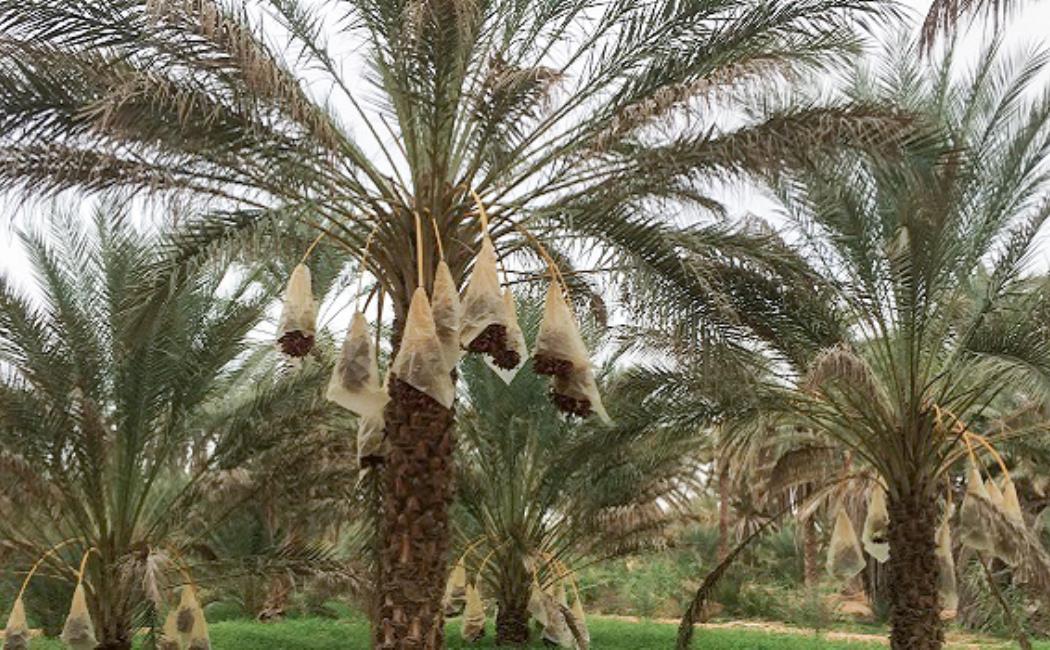
Date palms picky about bacterial partners
05 September, 2019
Bacterial DNA sequencing analyses show date palms that are cultivated over a vast stretch of the Tunisian Sahara Desert consistently attract two types of growth-promoting bacteria to their roots, regardless of the location. This finding could help with improving crop cultivation in a warming climate.
Many factors influence which growth-promoting bacteria associate with plant roots, including plant species, plant community diversity, agricultural practices applied and soil type. Research conducted on natural ecosystems shows that different types of wild plants attract different growth-promoting bacteria depending on their needs. Studies on conventional agricultural ecosystems have shown plant-root-bacteria associations vary according to the type of soil and the agricultural practices applied. Another KAUST study recently found that the roots of speargrass growing in the Tunisian desert aren’t picky at all: they attract whatever growth-promoting bacteria they can find in the surrounding resource-poor sand.
Click here to read the full story
Image: KAUST scientists wanted to know the factors that determine which bacteria associated with the roots of cultivated date palm trees.
© 2019 Ramona Marasco